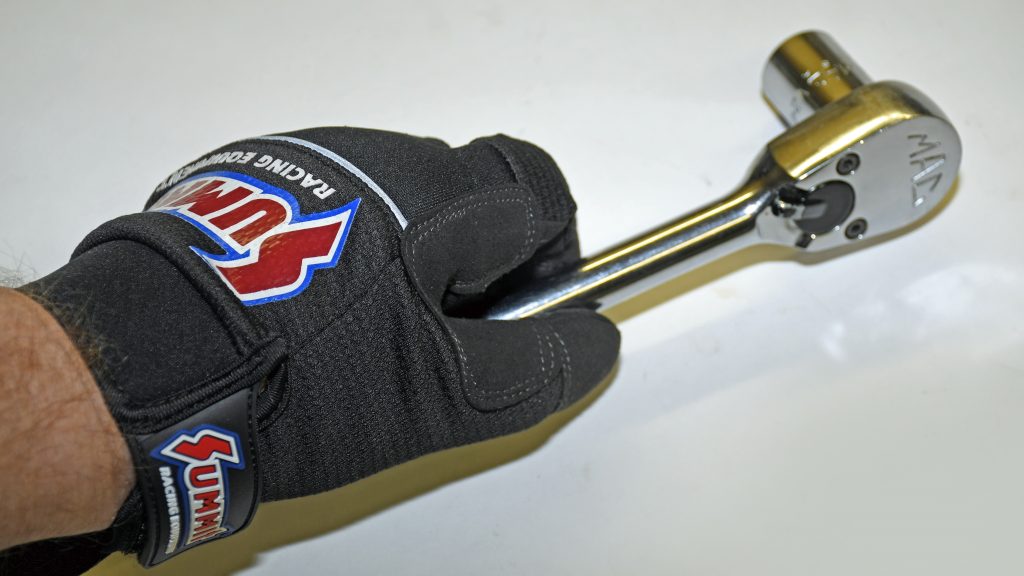
True Story: More than a dozen years ago, I was sitting in an emergency clinic waiting for a doctor to stitch me up from a shop accident. He walked in, took one look at my hands, and said: “My God Man….What have you done to your hands?”
The truth is, he wasn’t referring to my latest injury—that was easy enough to spot. Instead, he was questioning the patchwork of scars I have on both hands. I told him it was no big deal, just the result of working on cars for decades. The majority of that damage didn’t require bodywork from an MD. Instead, it was simply the aftermath of countless bandaged cuts. I don’t think I’m any different or sloppier than other car guys, but I have to admit I’m no spring chicken. And my skin is definitely thinning after all of these years. I get cut and bruised easier (older enthusiasts can relate; it happens to the best of us).
In the end, the good doc sewed up the damage and I was set to leave. But he left me with one lasting recommendation: “You might want to consider using gloves.”
I thought about it and at first I said ”…Nah.” I mentioned this to an old pal who also happened to work at a local auto parts biz. He was in a similar boat but stated he tried gloves and he just couldn’t get used to them. I pondered it a bit and then I decided to try them for myself. So I bought a pair of Mechanix Wear gloves.
Now, more than a decade later, I’m still using them on a regular basis.
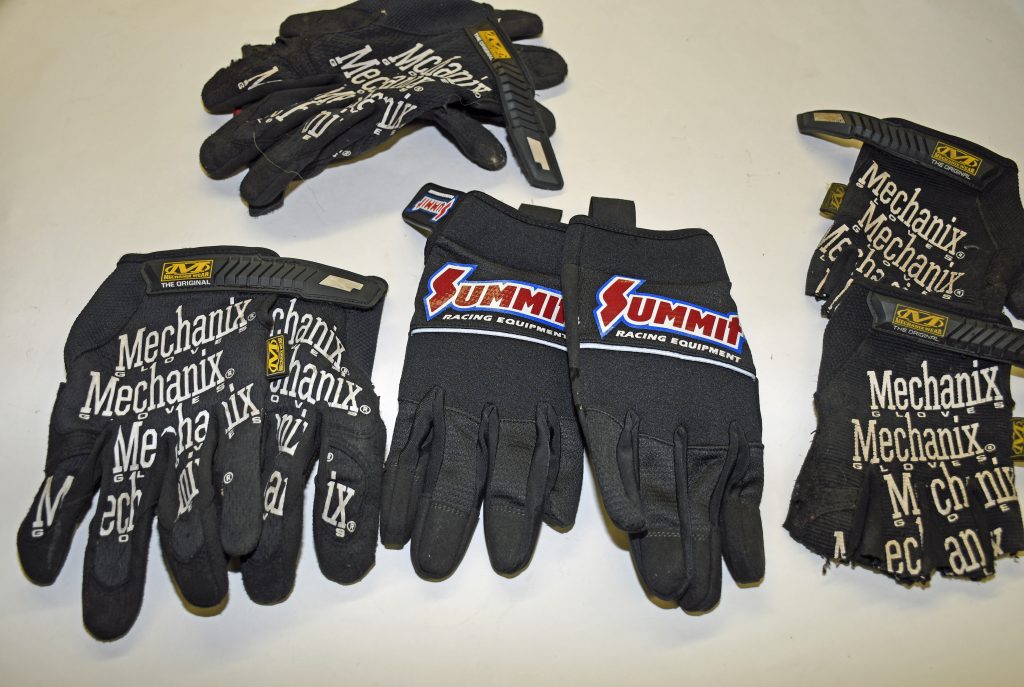
Yes, they take some time to get used to. But after a bit, it feels sort of odd not to use them. When it comes to gloves, I typically go back and forth between Mechanix Wear gloves and Summit Racing gloves.
There is a difference. Specifically, Summit Racing’s Mechanic Grip Gloves have a slightly different feel and the way they’re built, they have a high temperature silicone grip that stretches across each finger for extra grip. One thing I’ve noticed is, I normally wear a large size glove, but for jobs that require more dexterity, I actually use a glove that’s one size smaller (medium for me). This is easy enough to do with the Summit Racing Mechanic Grip Gloves because they have a stretchy spandex material on the backside.
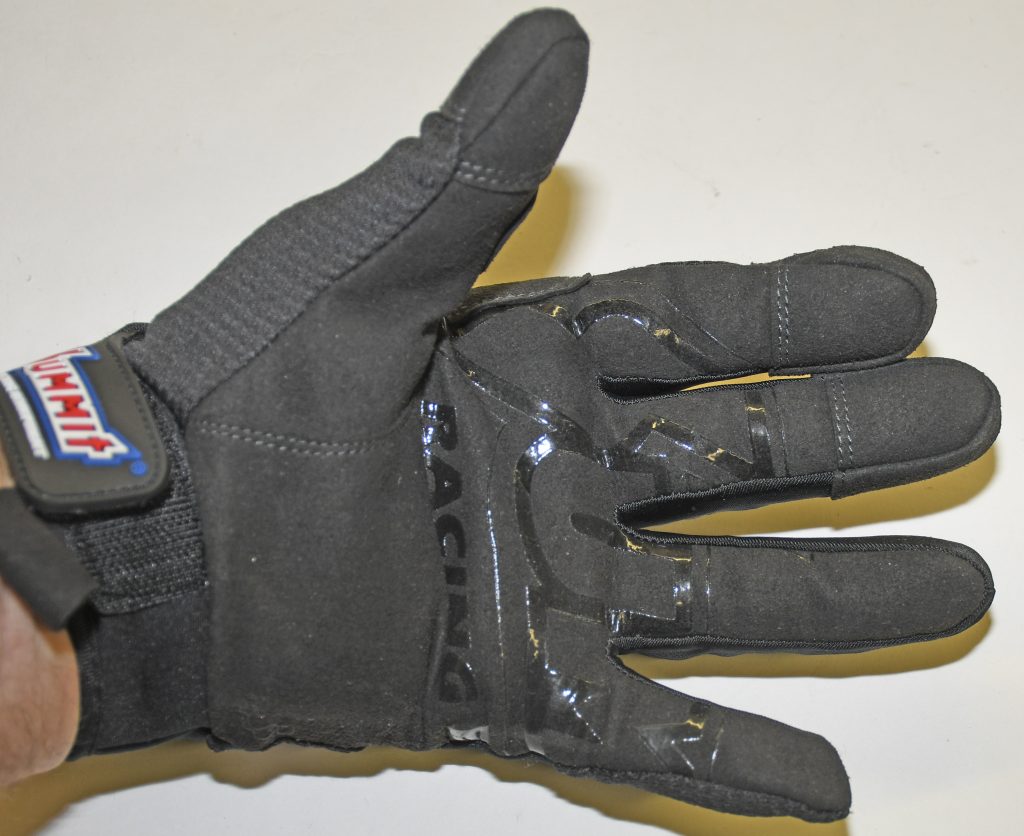
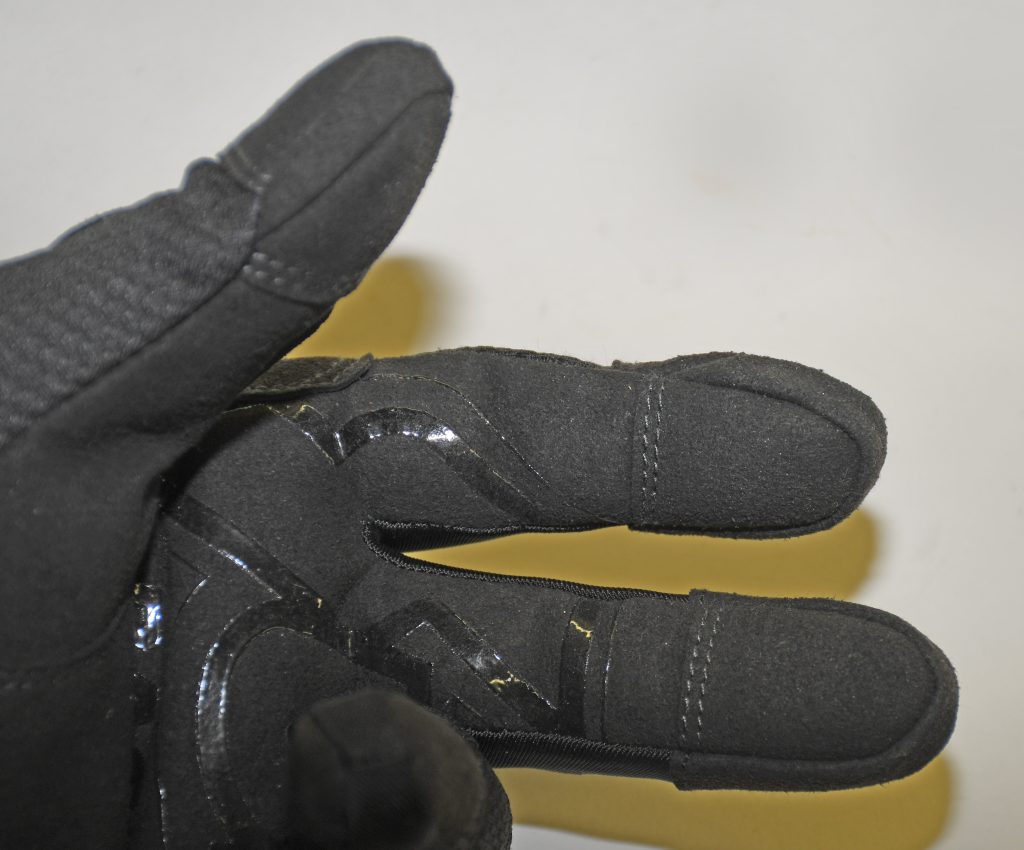
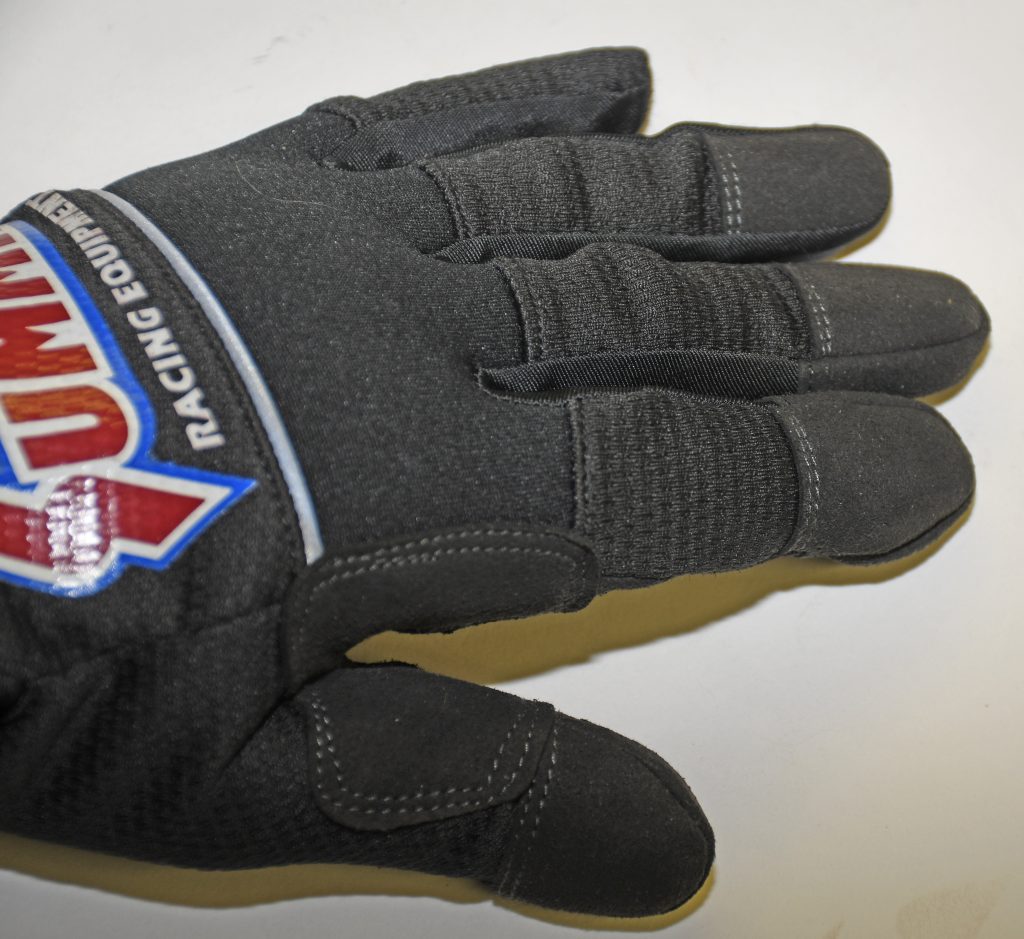
For your own purposes, I suggest you use the sizing charts from similar Mechanix Wear gloves (see the accompanying chart) and go from there.
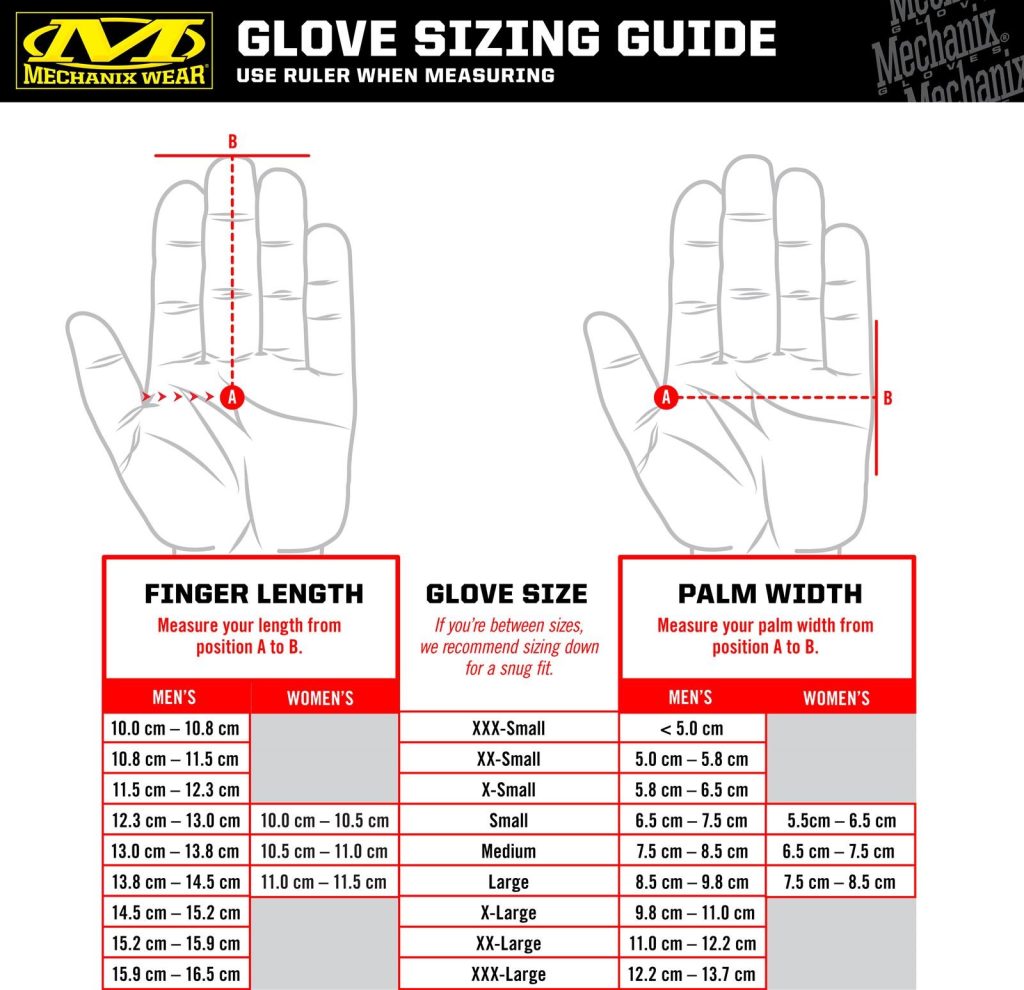
Something else I’ve learned over the years is this: Gloves like this (Summit Racing, Mechanix Wear, or others) all eventually wear out, particularly on the finger tips. What I do is cut the fingers and thumb off the gloves. Then I can use them for spots on the car where even the one size smaller glove doesn’t work well. Here, the bulk of your hand is still covered and protected, and only your finger tips are vulnerable.
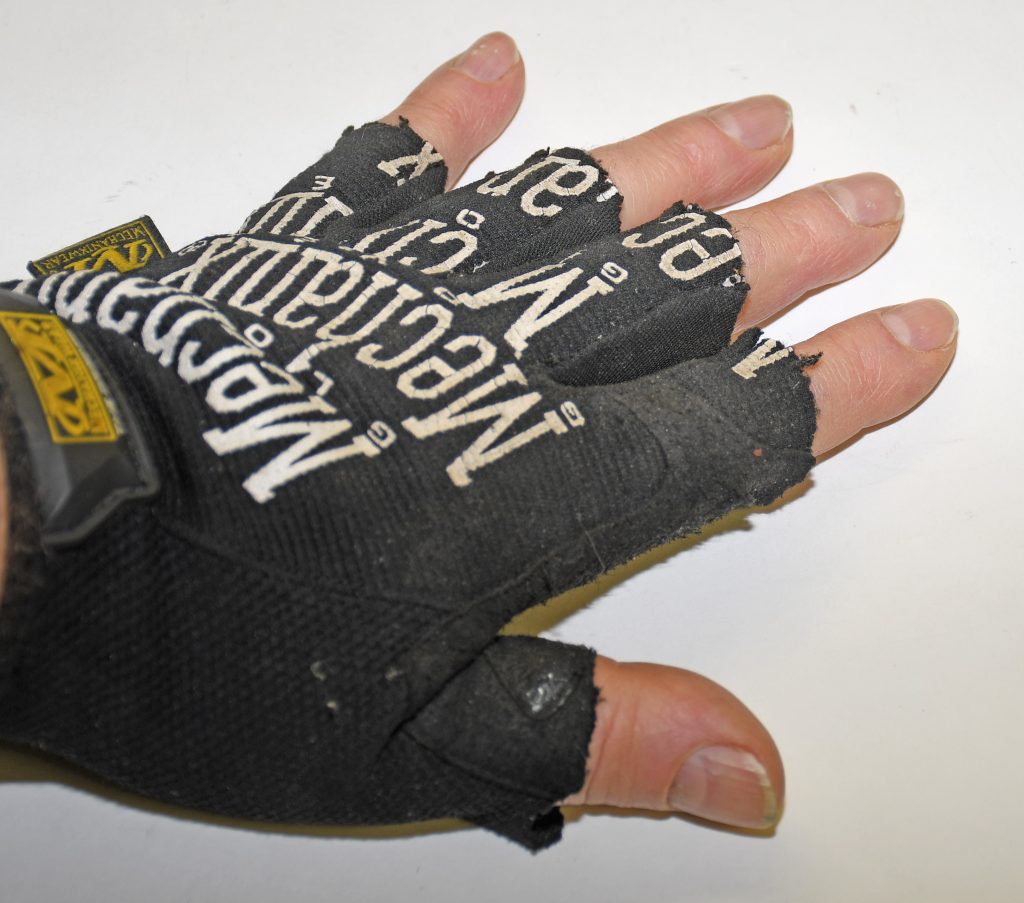
For women wrenchers, there are some considerations too. The female hand is built different than a male’s. That’s why some companies such as Mechanix Wear offer gloves sized specifically for women.
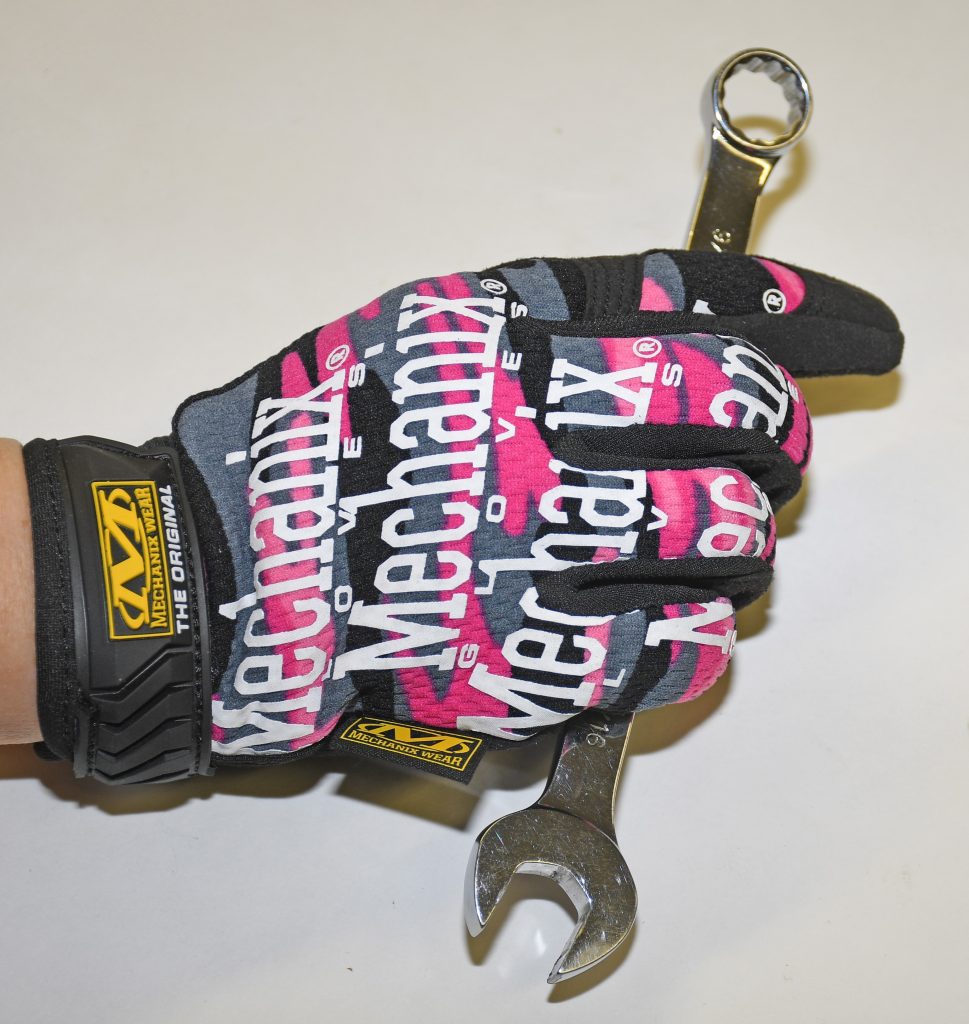
As you can see, there’s a bit more to using shop gloves than you might have thought. There are sorts of specialty gloves available, including heavier jobs for cutting, special padded examples for use with hard hitting impact wrenches and so on. For me at least, using gloves in the shop saves me time searching for yet another bandage (or worse).
Give them a try. You might like them.

Comments